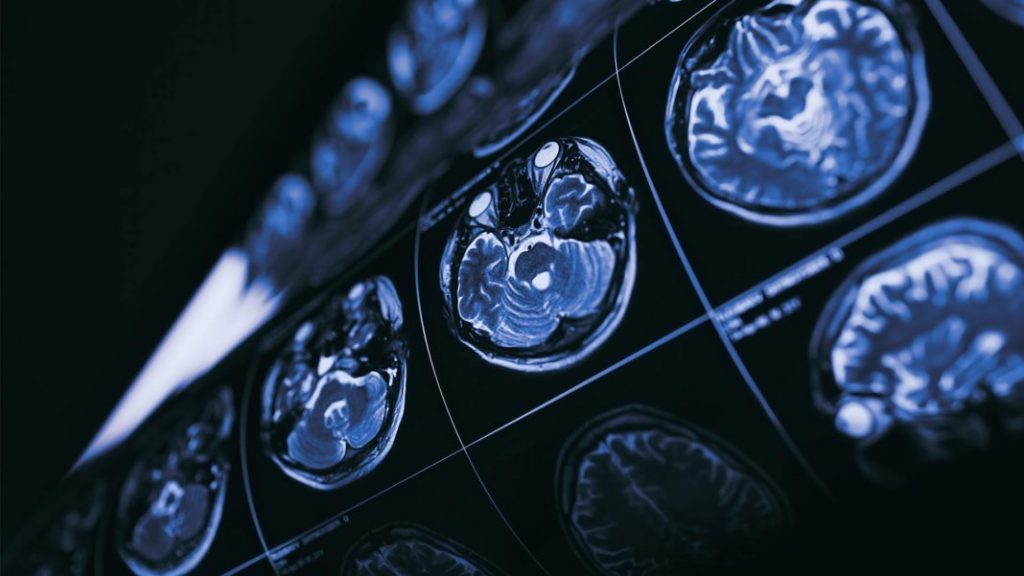NASA has made a commitment to send humans to Mars by the 2030s. This is an ambitious goal when you think that a typical round trip will anywhere between three and six months and crews will be expected to stay on the red planet for up to two years before planetary alignment allows for the return journey home. It means that the astronauts have to live in reduced (micro) gravity for about three years, well beyond the current record of 438 continuous days in space held by the Russian cosmonaut Valery Polyakov.
In the early days of space travel, scientists worked hard to figure out how to overcome the force of gravity so that a rocket could catapult free of Earth’s pull in order to land humans on the Moon. Today, gravity remains at the top of the science agenda, but this time we’re more interested in how reduced gravity affects the astronauts’ health, especially their brains. After all, we’ve evolved to exist within Earth’s gravity (1 g), not in the weightlessness of space (0 g) or the microgravity of Mars (0.3 g).

